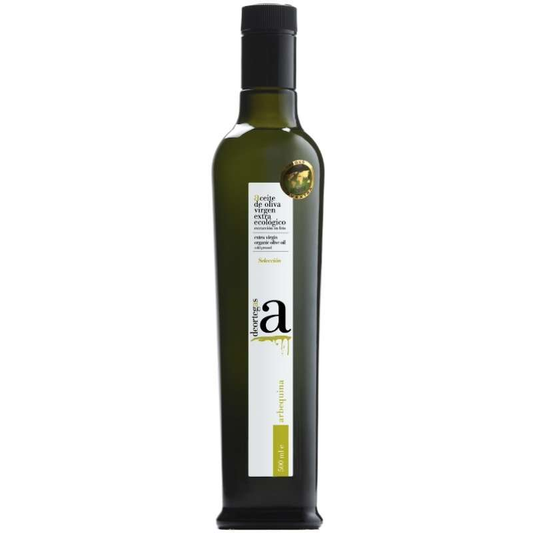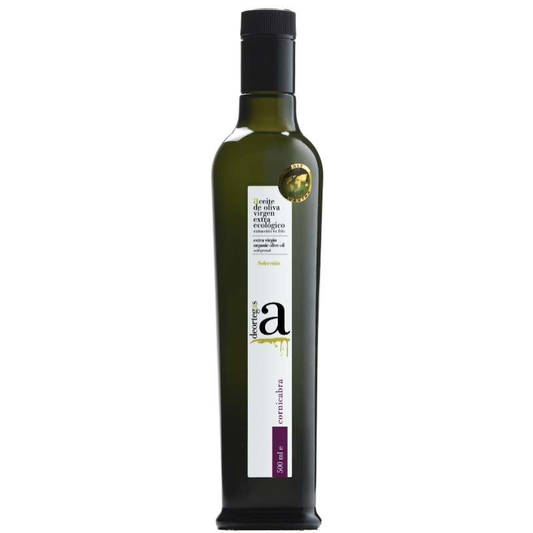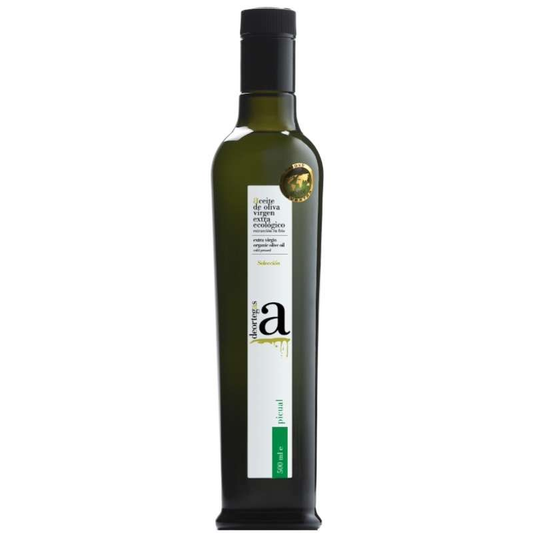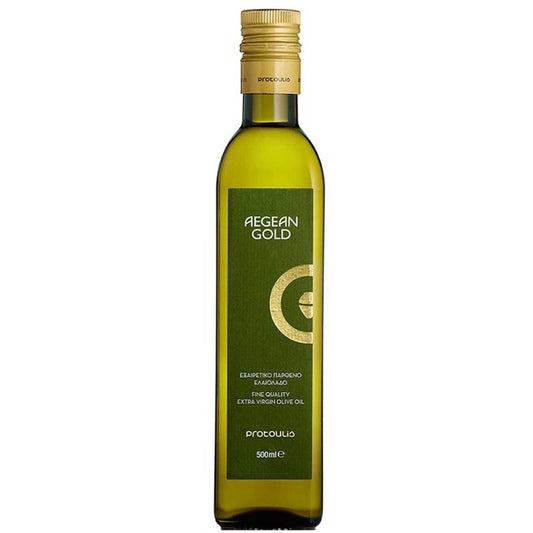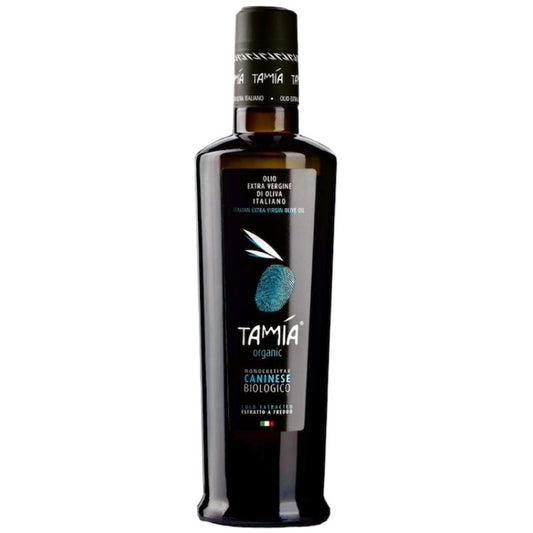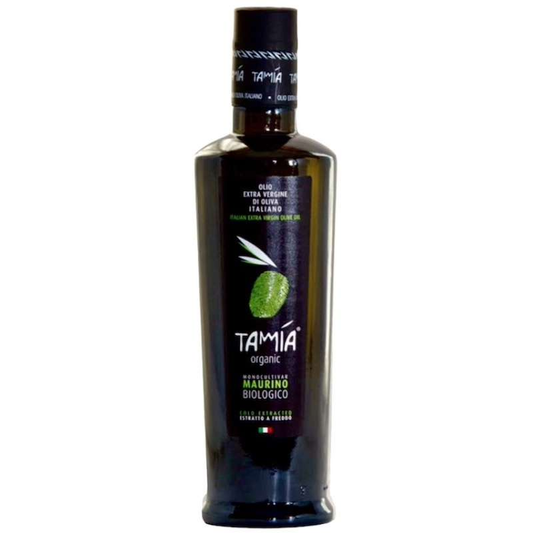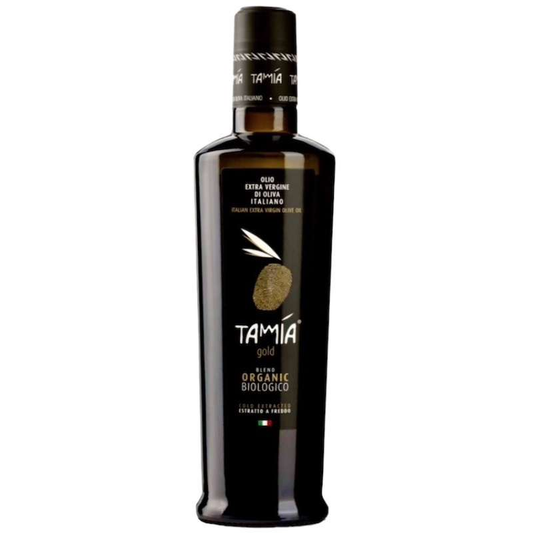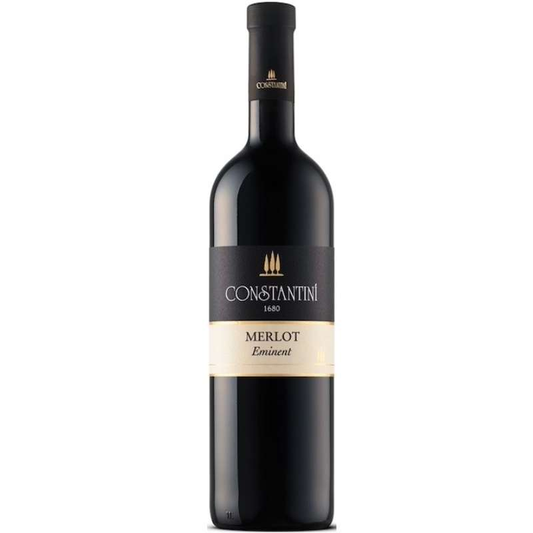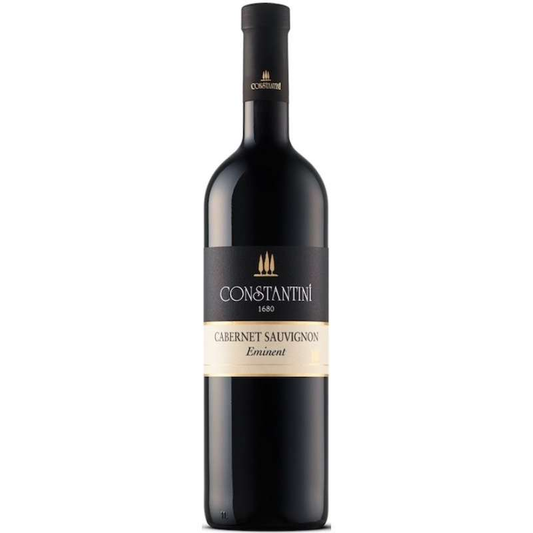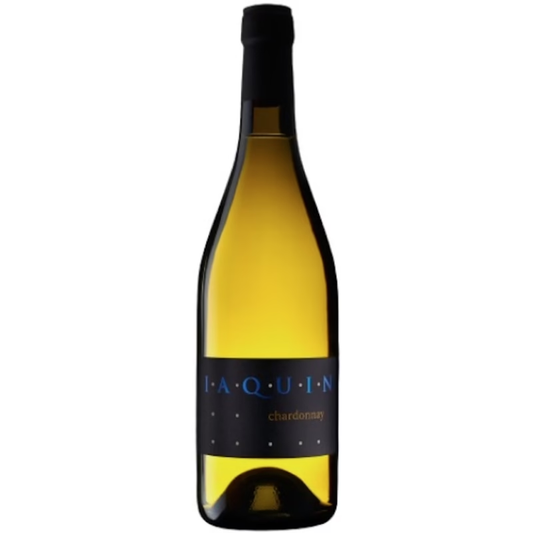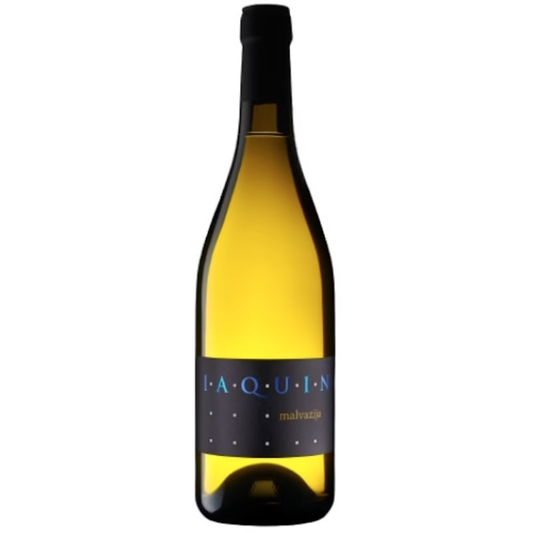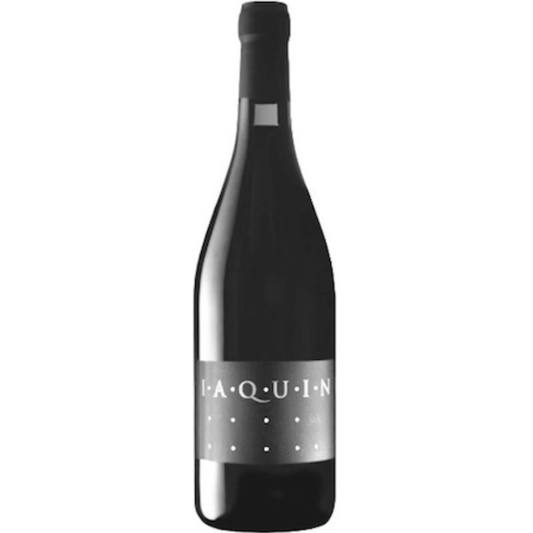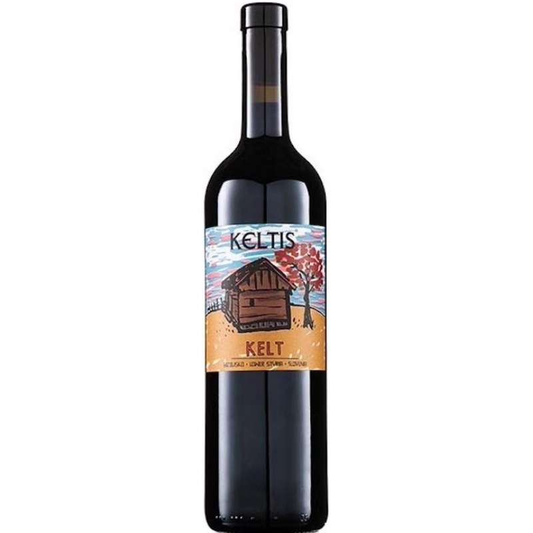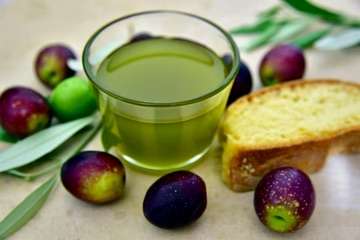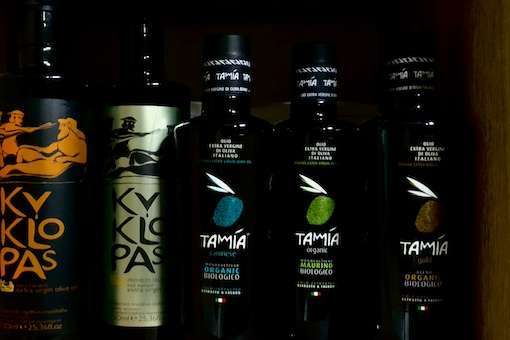“It is a hard matter to save that city from ruin where a fish is sold for more than an ox.” – Marcus Porcius Cato on the craze for fish dishes in Rome in the 2nd century BC.
In ancient Rome, they loved to eat well and knew how to do it right. Especially those Romans who had enough money and time. Did they call it the Mediterranean Diet? It is unlikely, although the Romans certainly knew the Greek word “diatia”. This word did not mean restrictions on food but had a broader meaning: an orderly lifestyle, meaningfulness and moderation. Ancient Greeks have always been adherents of a sense of proportion. The very concept of the golden middle (or golden mean) was first used by Aristotle, who considered moderation one of the main human virtues.
The diet of any ancient Roman, from slave to senator, was unthinkable without three things: bread, olive oil and wine. Has anything changed? Bread: the average Italian consumes almost 100 kg/year of durum wheat and common wheat products. Olive oil: Italy ranks second (after Greece) in the world in terms of olive oil consumption.
AND WHAT ABOUT WINE?
By the way, most sources indicate that the best wheat was delivered from Egypt, the best wine was made in Campania and Lazio, and the best olive oil was considered olive oil from Spain.
So Who Is Dining at Lucullus Today?
Food was not only an important part of the Roman lifestyle but also a hallmark of noble birth, wealth and refined taste. A person with high social status could not afford to stoop to cheap food or dine in a street cafe, thermopolium. It was some kind of low-grade fast-food eatery where commoners ate.

There were no expensive and decent restaurants then, as it was considered prestigious to have your own kitchen and a good slave cook. There was even a tradition to exchange cooks with friends for a short time. It was a kind of cultural event that enriched the gourmet experience.
But not only! Eating together was an important social ritual. A skilled cook was very expensive, and it was almost impossible to buy him because no one wanted to lose such a valuable socio-political asset.
Such cooks were “stars” and if you managed to get them for a couple of days in your kitchen, then you could invite the most noble and influential people of Rome to dinner. And this, as a result, raised your status and opened many doors and opportunities for your career growth.
Sometimes, such dinner parties boggle the imagination of even the most sophisticated guests. Well, actually this was exactly the goal of the host.
The main requirement for food preparation was often its uniqueness and pretentiousness. Dishes made from exotic animals, such as fried crocodiles or flamingo tongues, were highly valuable. There was also a custom to bake a whole boar carcass stuffed with pigeons, thrushes and quails.
In general, serving meat with meat was considered normal. At rich feasts, combined dishes of several types of meat were often cooked with a large amount of sausage.
However, the attraction for the guests was not only and not so much the culinary part of these banquets. At these luxurious parties, guests watched performances, enjoyed singing and dancing, had sex, conversed with philosophers, made useful contacts, and even committed ritual suicides.

For most (hopefully) of us, this sounds a little crazy and we are surprised by this behavior of the Roman elite. But perhaps we just don’t know everything about the people who work in our governments.
One of the most famous gourmets was the Roman consul Lucius Licinius Lucullus. But unlike many of his contemporaries, he was not interested in vulgar shows and exciting orgies.
Lucullus was a true expert and a very sophisticated connoisseur of haute cuisine. He was well-versed in the nuances of taste and knew all the features of creating complex dishes and their combination with various wines. The best cooks worked for Lucullus, he had the most exquisite dinners, and it was considered a great honor to receive an invitation to dine with Lucullus.
“Dine at Lucullus” is still a popular expression, meaning a great gastronomic feast. And if you stumble upon a restaurant named Lucullus somewhere, chances are the food will not disappoint you.

